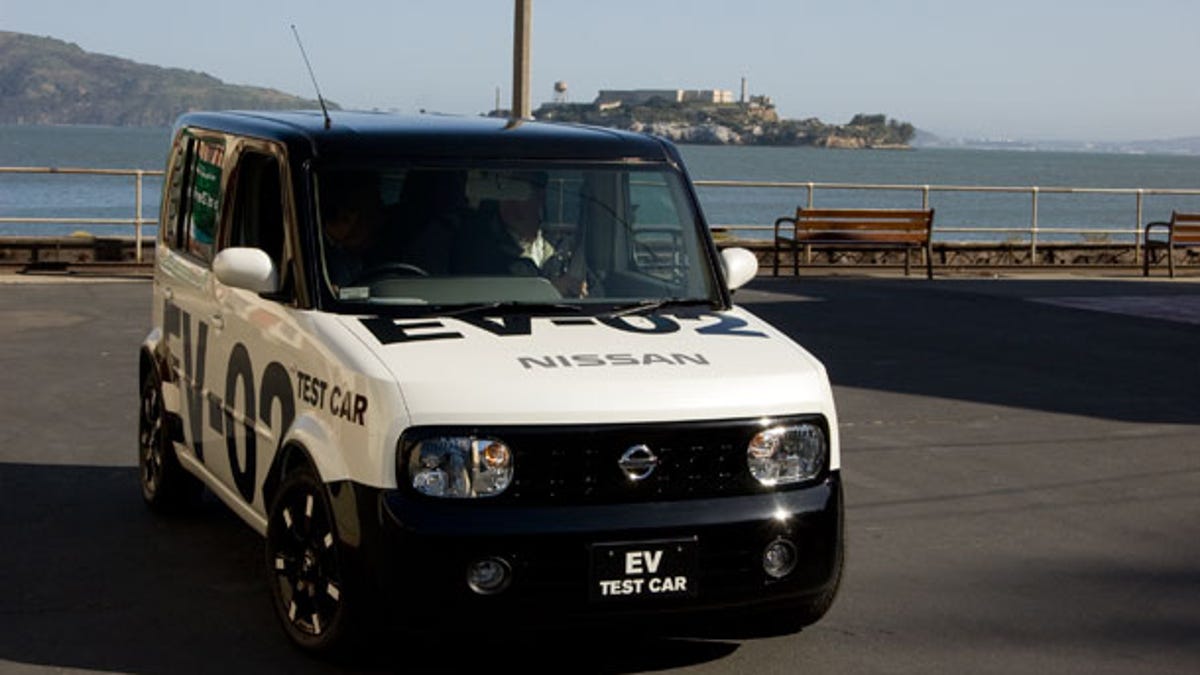Green-car loans awarded to Ford, Nissan, Tesla
The U.S. government's Advanced Technology Vehicles Manufacturing Loan Program is designed to promote the development of fuel-efficient cars.

Updated at 11:35 a.m. Tuesday with further loan details.
The U.S. government, which plans to kick-start development of a new generation of fuel-efficient automobiles through the Advanced Technology Vehicles Manufacturing Loan Program, announced on Tuesday some loan application winners.
Ford Motor gets loans totaling $5.9 billion, going to a variety of fuel efficiency initiatives, while a $1.6 billion loan to Nissan is intended to help it refit a Tennessee plant for electric car production.
Tesla Motors is also a winner under the program, getting a $465 million loan, most of which will be used to build production facilities for the recently announced Model S electric sedan.
The $25 billion Advanced Technology program has been in discussion for some time, and automakers have been lining up to get loans under the program. A stipulation that only viable companies can get loans under the program caused General Motors and Chrysler's applications to be turned down, though both companies have developed hybrid and electric-car platforms.
Ford announced plans earlier this year to release an electric vehicle in 2011, co-developed with parts supplier Magna Steyr. The company will use its loans to produce that vehicle, along with a commercial electric vehicle based on its Transit model in 2010.
Nissan has been one of the leaders among the major automakers in advancing a pure electric car, promising to make one powered by a lithium ion battery pack on U.S. roads in 2010.
As a technology demonstration, Nissan has shown its EV-02 test mule to journalists, an electric car using the Nissan Cube platform, getting a range of about 100 miles. The company is designing its Tennessee plant to produce 150,000 electric cars per year, and associated battery manufacturing will produce 200,000 lithium ion packs per year. The plant is slated to begin production in 2012.
Other aspiring automakers still await a decision. One such applicant, Indiana-based Bright Automotive, plans to build a commercial plug-in hybrid electric vehicle for fleet use. The company has received no word or time line on its application.

